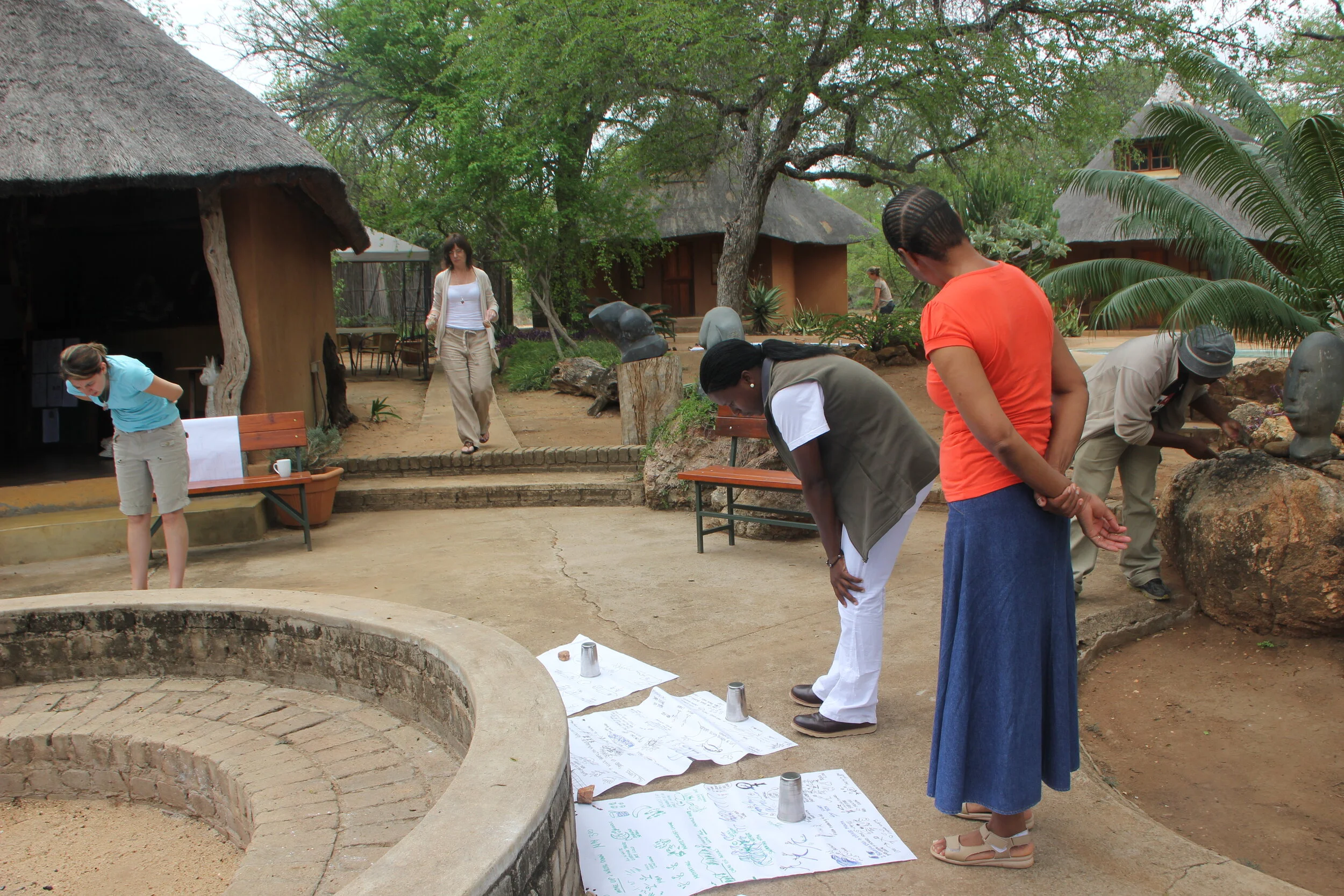
Indigenous Science
& Peace Studies
The confluence of cutting edge Western and Indigenous science and knowledge has opened the doors to a new paradigm of peace and development. The Master of Arts in Indigenous Science and Peace Studies (ISPS) brings these two ways of knowing and practice together to challenge a failing framework with time-tested and emergent methodologies that sustain life and create transformative opportunities amidst the global catastrophes we face right now. At the core of this graduate program is the transformation of policy, diplomacy, development models, research, and innovative technologies in ways that respect the interconnections of people and facilitate sustainable solutions across all sectors of society.
The connection between the academic program and the research Institute offers students the opportunity to be immersed in exchanges with Indigenous knowledge keepers, community leaders, scholars and scientists from around the globe. This provides the necessary grounding of all studies in the perspective of indigenous science and wisdom.
Program Focus
-

Indigenous Knowledge for the Future
Indigenous Science is a way of perceiving the world that is holistic, participatory, and dedicated to Earth's life support systems. WISN indigenous science education and research seek to restore traditional knowledge to the forefront of dialogues on the world’s most pressing ecological and other critical issues.
-

Truth & Reconciliation Through Indigenous Lens
The understanding of Indigenous sovereignty and the specific issues that impact sovereignty are a core aspect of the graduate program. Examples are: Truth and reconciliation commissions; the protection of sacred sites and species; definitions of tribal membership (blood quantum, lineal descent, etc.); and the protection of Indigenous languages. The program explores, researches, affirms, and honors the healing interventions and defensive actions of Indigenous Elders and activists amidst the ongoing genocide, ecocide, and cultural destruction.
-

Bridging Paradigms – The Role of Dreams and Dreaming
Dreams are important for bridging Western and Indigenous scientific ways of knowing. They have the capacity to slip past the watchdog of the modern ego-centered personality that is the anchor of Western thinking. In Indigenous understanding dreams represent unmediated communications from our ancestors and facilitate the recovery of interconnectedness and thus the potential for bridging paradigms. As basic Western and Indigenous dream concepts are understood, deeper inner work emerges through images that shape our contemporary individual and collective lives. Recognizing and understanding the meaning of individual and collective dream patterns that are part of the remembrance process of their ancestral and Indigenous roots is critical for bridging different scientific perspectives.
-
Elder Nexus
Cultural practitioners (scientists, politicians, healers, artists) are part of the treasure which is shared with students through the Institute. Elders meet among themselves to address critical issues of our times and they also teach students in the program the knowledge and practices central to Indigenous Science and Peace Studies. By addressing historical traumas and memory losses, the Elder Nexus works to bring forth a future that could have been.
